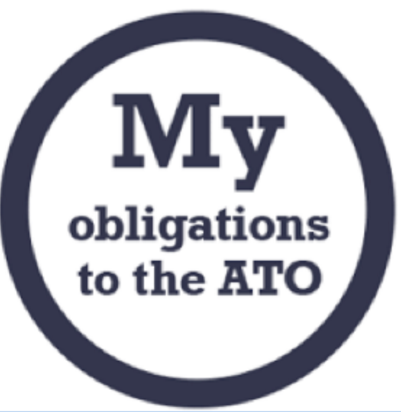It’s no secret in the business world, with the current economic climate, cash flow is causing quite a bit of pain for some small businesses. With outstanding Debtor days increasing, or less receipts coming through the door, managing cash flow is creating headaches for many managers / business owners. Having the best collection policy in place is a great start, however, unless you have the reserves in your bank account you could find yourself ‘robbing Peter to pay Paul’. One source of income that some companies are using to help pay staff and meet other critical outgoings is the GST and PAYG Withholding. Technically this money should be separated out into a completely different bank account, however, sometimes it’s just not possible!
This leads to the next issue, no money and a Business Activity Statement which is due next week. Not only is there GST to pay, but PAYGW, tax withheld from staff wages and of course there is the Pay As You Go Instalment (PAGYI). So now you’re looking at a payment, for example, of around $5000. What to do? Organise a payment plan with the ATO.
How to make a payment plan with the ATO
The first thing to do is – you must lodge your BAS by the due date. Unlodged BAS’ attract rather nasty Late lodgement Penalties of up to $850 so let’s not do that. It is easy to do the avoidance trick but this can make matters worse, not better. Next step is before the due date of the BAS, but after its been lodged, you must phone the ATO and organise a payment arrangement. Have ready your details such as ABN, TFN and a previously lodged BAS so you can quote your DIN (Document Identification Number). They may ask some probing questions about your current bank balance, and other financial values. Working with the ATO you can discuss a payment amount that will help pay this BAS off as soon as possible without putting you under financial duress.
BUT HERE IS THE DEAL BREAKER – you must lodge and pay all future BAS and returns in full and on time. If you do not, a new payment plan must be organised as the ATO will consider your agreement to be in default.
From 1 July 2017, the ATO intends to disclose details of taxpayers with outstanding tax debts to credit reporting agencies. Such a disclosure may adversely affect a taxpayer’s credit rating.
The ATO are willing to work with you if you find yourself in this situation. However it is important that you keep the lines of communication open. A cash flow plan is vital to get you through this ‘bump’ in the road. EASE has some tools which can assist. The most important thing to remember is that every business has its ups and downs and preparing a strategy to help you navigate these trying times is the key.
As always – contact team EASE today if you’d like assistance (info@teamease.com.au / 08 9317 8045)


Recent Comments